
LITERATURE
Peter Widdowson

First published 1999
by Routledge
2 Park Square, Milton Park, Abingdon, Oxon, OX14 4RN
Simultaneously published in the USA and Canada
by Routledge
270 Madison Ave, New York NY 10016
Transferred to Digital Printing 2005
1999 Peter Widdowson
The right of Peter Widdowson to be identified as the Author of this Work has been asserted by him in accordance with the Copyright, Designs and Patents Act 1988
Typeset in Adobe Garamond and Scala Sans by Keystroke,
Jacaranda Lodge, Wolverhampton
All rights reserved. No part of this book may be reprinted or reproduced or utilised in any form or by any electronic, mechanical, or other means, now known or hereafter invented, including photocopying and recording, or in any information storage or retrieval system, without permission in writing from the publishers.
British Library Cataloguing in Publication Data
A catalogue record for this book is available from the British Library
Library of Congress Cataloguing in Publication Data
Widdowson, Peter.
Literature / Peter Widdowson.
p. cm.
Includes bibliographical references and index.
1. Literature. I. Title.
PN45.W463 1999
809dc21
9835341
ISBN 0415169143 (Pbk)
ISBN 0415169135 (Hbk)
In memory of Brian Doyle
CONTENTS
LITERATURE
What was Literature and what is the literary?
This introductory volume provides an accessible overview of the history of Literature as a cultural concept, and reflects on the contemporary nature, place and function of what the literary might mean for us today. This volume:
offers a concise history of the canonic concept of literature from its earliest origins
illustrates the kinds of theoretical issues which are currently invoked by the term literary
promotes the potential uses of the literary within a millennial culture.
With Literature Peter Widdowson provides a thought-provoking essay on the contemporary relevance of the literary for students.
Peter Widdowson is Professor of Literature at Cheltenham and Gloucester College of Higher Education. He edited Re-Reading English, and is the author of books on Thomas Hardy, E.M. Forster and contemporary literary theory.
THE NEW CRITICAL IDIOM
SERIES EDITOR: JOHN DRAKAKIS, UNIVERSITY OF STIRLING
The New Critical Idiom is an invaluable series of introductory guides to todays critical terminology. Each book:
 provides a handy, explanatory guide to the use (and abuse) of the term
provides a handy, explanatory guide to the use (and abuse) of the term
 offers an original and distinctive overview by a leading literary and cultural critic
offers an original and distinctive overview by a leading literary and cultural critic
 relates the term to the larger field of cultural representation.
relates the term to the larger field of cultural representation.
With a strong emphasis on clarity, lively debate and the widest possible breadth of examples, The New Critical Idiom is an indispensable approach to key topics in literary studies.
 See below for new books in this series.
See below for new books in this series.
Colonialism/Post colonialism by Ania Loomba
Gothic by Fred Botting
Historicism by Paul Hamilton
Humanism by Tony Davies
Ideology by David Hawkes
Metre, Rhythm and Verse by Philip Hobsbaum
Romanticism by Aidan Day
Myth by Laurence Coupe
Romanticism by Aidan Day
Sexuality by Joseph Bristow
Stylistics by Richard Bradford
ACKNOWLEDGEMENTS
In a book like the present one, it would be surprising if there were not some borrowing from other writings by the same hand; and although it is more than faintly narcissistic to acknowledge ones own work, I hasten to reassure the reader that I only do so here on behalf of those who elected to publish it in the first place. So: anyone who might remember an essay entitled History and Literary Value: Adam Bede and Salem Chapel, by myself, Paul Stigant and Peter Brooker in Literature and History (5:1, Spring 1979; also reprinted in Peter Humm, Paul Stigant and Peter Widdowson (eds) Popular Fictions: Essays in Literature and History, London: Methuen, 1986) would find that part of was given as the Raymond Williams Memorial Lecture at the University of Cambridge in February 1998. My intellectual debt to Williamss work, and to that of Terry Eagleton, is everwhere apparent in the book that follows.
, and, of course, to John Drakakis, general editor of the New Critical Idiom series, for his endless encouragement, light but sure touch as editor, and for curing me more or less of my fixation with the parenthetical dash. Finally, as always, thanks and love to Jane and Tom, for whom, over many months, the repeated use of the phrase my little book on Literature must have sounded the knell of all Sense and Sociability.
1
WHAT IS LITERATURE?
Some (non-)definitions
As I face the part-daunting, part-comical prospect of writing a short book on the vast topic of Literature, I am reminded of my favourite film-title: Mel Brookess A History of the World, Part One. So much literature has been produced world-wide over such a long period of time, and all the more worrying so much has been written about it, that knowing where to start, where to end, and what might go in between, could lead to the book never progressing beyond these preliminary musings. A very short book, indeed, then! But a clue is provided here: it is to be a short book, and so, in the nature of things, it can only do certain things and only be of a certain kind. For one thing, it cannot be a big book with all the promise of authority and definitiveness that big books tend to convey. I would prefer to think of the present study as an essay: at once a composition of limited length and all of a piece, and as the dictionary also glosses it an attempt, a try, a tentative effort to define, not what literature is, but what it might mean, provisionally and tentatively, for us on the cusp of the millenium.
So, first of all and according to convention in Introductions, let me say what this essay is not. It does not attempt to survey or engage with the voluminous, aesthetics-driven What is Literature? debate. The very formulation of the question suggests a way of conceptualising literature which runs entirely counter to my project here. Neither can it be a history of literature (not even Part One) of the Homer to Heller variety, nor a literary-critical/theoretical history of its protean definitions over the centuries (Plato to Foucault) although a succinct historical account of the changing notion of the term literature will be offered as part of the overall argument. Rather, the essay is principally conceived as a reflection on the contemporary nature, place and function, within general cultural production, of what, for now, I will go on calling literature, but will prefer to designate the domain of the literary.
By the late-twentieth century, literature, as a concept and as a term, has become so problematical either through ideological contamination as the high cultural Canon, or, conversely, through demystification and deconstruction by radical critical theory that it approaches the unuseable, at least without contorted apologetics. Perhaps the only way to represent it, as
Next page

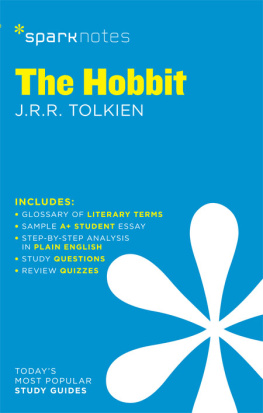
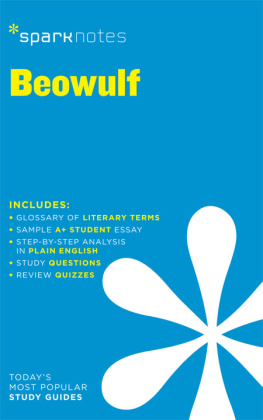
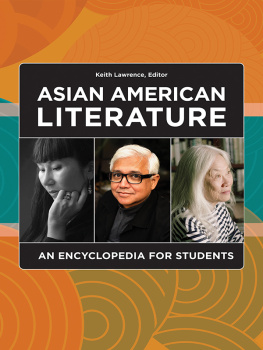
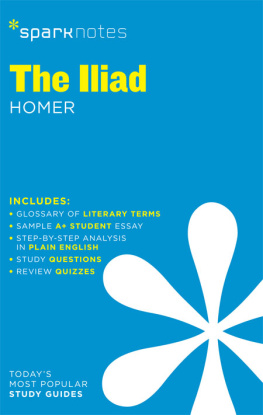
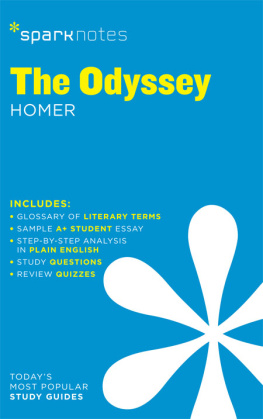
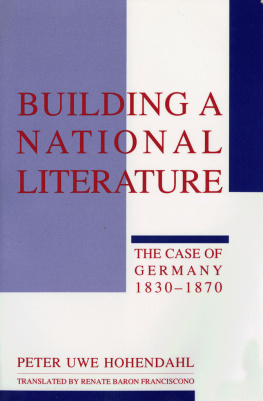

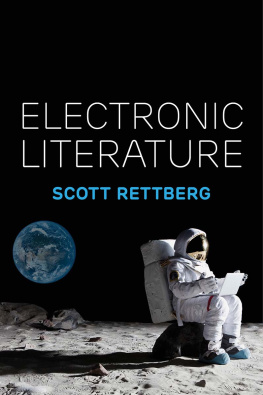
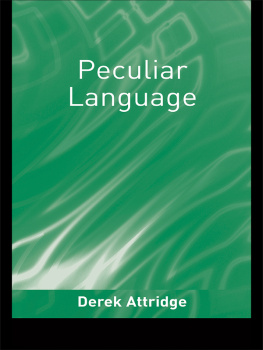

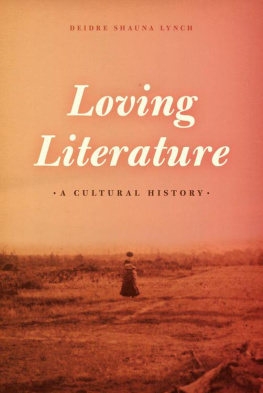
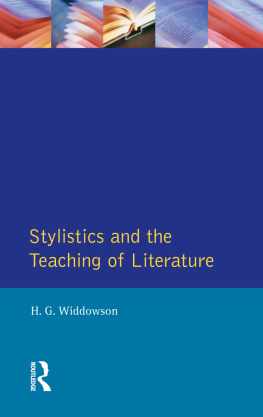


 provides a handy, explanatory guide to the use (and abuse) of the term
provides a handy, explanatory guide to the use (and abuse) of the term